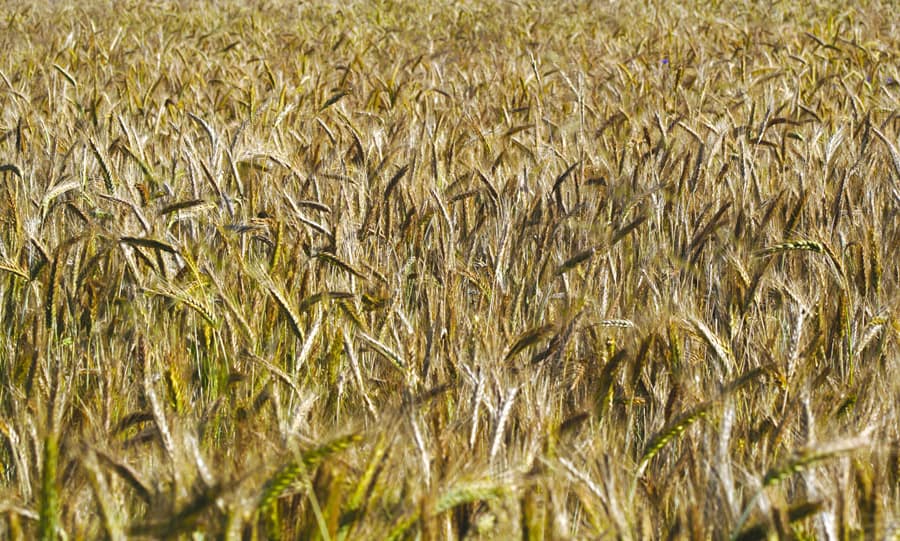Improvement in agricultural sustainability requires an integrated water, crop, pest and disease management strategy, managing soil fertility and soil physical properties by promoting soil biodiversity and soil biological processes offers the potential for using rhizosphere processes to improve soil quality and productivity.
In many soils, nutrients such as phosphorus, potassium and iron are present in large amounts but in forms that are not available to plants. Many bacteria and fungi are able to make these nutrients available to plants by secreting organic acids or other chemicals (siderophores) to dissolve the minerals. These beneficial micro-organisms are naturally occurring and are prolific and readily available in natural, undisturbed, rich, fertile lands.
The use of these micro-organisms results in high quality crop yields often demonstrated in both size and volume of produce. This increase in yield and quality has been demonstrated in a wide range of plants even during times of stress. Increasing yield while improving quality attributes, such as firmness, colour, size and crop uniformity, gives you the competitive edge and increased profits which are key pillars of sustainable agriculture.


